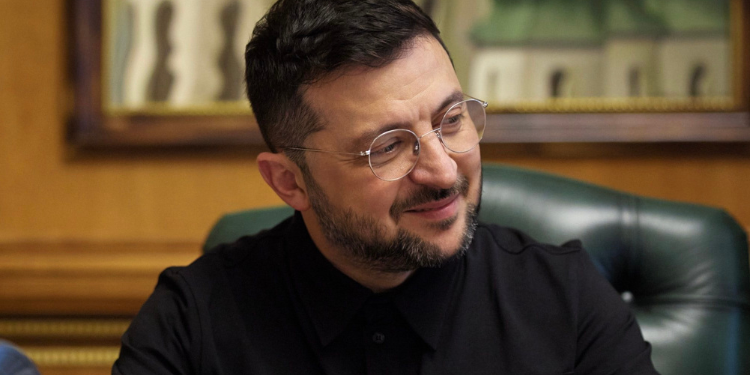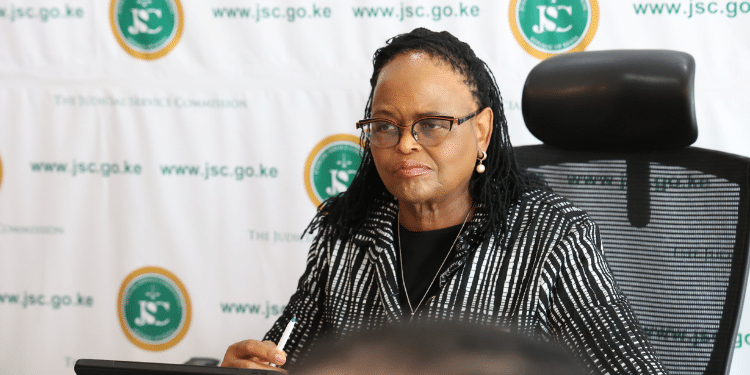The Judiciary has refuted reports that ranked it among the country’s most corrupt institutions.
In a statement on February 11, the Judiciary addressed a story published on February 11, 2025, that cited findings from the 2023 National Ethics and Corruption Survey by the Ethics and Anti-Corruption Commission (EACC).
The Judiciary has termed the report misleading and inaccurate and highlighted what it called a “deliberate discordance” between the story’s headline and its actual content.

“The Judiciary wishes to clarify that it is not averse to public scrutiny. Neither does the Judiciary define itself as a citadel of virtue where no corruption can occur. In fact, it is highly aware of the need to prevent and fight corruption.
“It is noted for the record, that in 2021 the Hon Chief Justice Martha Koome invited the EACC to conduct a systems review to identify any weak areas or loopholes that could be exploited for corruption. The findings of the study are now being implemented,” read part of the statement.
Also Read: Judiciary Calls Out Citizen TV Over IEBC
Inconsistencies in the Article
The article reportedly lists ten public institutions with the highest corruption prevalence, none of which include the Judiciary.
Additionally, the story names four more institutions with significant corruption cases, but according to the Judiciary, it was not among them.
“Short of malice and mischief, why would the editor pick on the Judiciary to feature in the headline?” questioned the statement.
Furthermore, the Judiciary emphasized that any aggrieved party who suspects corruption in a case has the right to appeal or lodge an official complaint.
The Chief Justice Martha Koome led institution acknowledged the media’s critical role in exposing corruption but urged journalists and editors to uphold professionalism and accuracy.
“The media has a big role to play in fighting corruption. However, it must do so responsibly and with integrity,” the Judiciary stated.
Also Read: EACC Launches Corruption Probe into Judiciary After Martha Koome Letter
How the Judiciary is Fighting Corruption
The Judiciary concluded by reaffirming its commitment to justice, accountability, and public service, calling on citizens to remain vigilant in the fight against corruption.
Despite dismissing the claims in the article, the Judiciary reaffirmed its commitment to transparency and accountability in its operations.
Also, it highlighted key anti-corruption measures undertaken in recent years, including a Judiciary Ombudsman tasked with handling public complaints.
It also noted that the integrity committees established in courts across the country to uphold ethical standards.
Digital reforms, such as e-filing, virtual courts, and online payment processing, aimed at enhancing efficiency and reducing opportunities for corruption were also highlighted.
Furthermore, the Judiciary emphasized that any aggrieved party who suspects corruption in a case has the right to appeal or lodge an official complaint.
Follow our WhatsApp Channel and join our WhatsApp Group for real-time news updates











































































